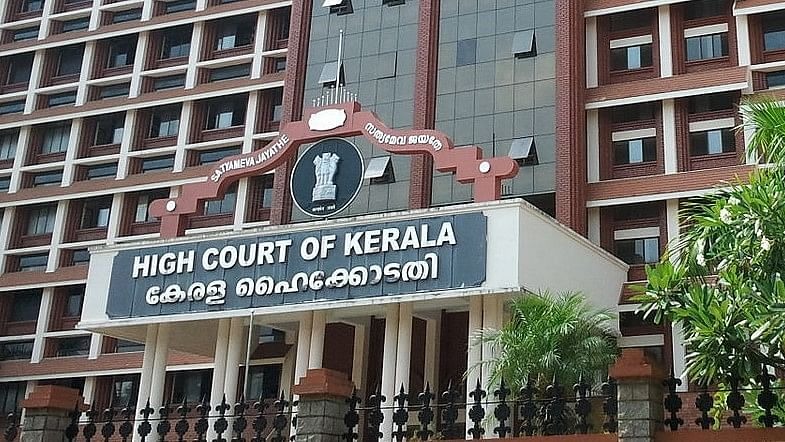
Follow WOWNEWS 24x7 on:
Updated: June 11, 2025 02:50

The Kerala High Court has halted the Lakshadweep administration’s decision to remove Mahal and Arabic from school curricula, citing concerns over cultural preservation and constitutional rights. The interim stay was granted in response to a public interest litigation filed by Ajas Akber, a social worker and President of the Lakshadweep Unit of the National Students Union of India.
Court’s Rationale And Legal Standpoint
- The division bench, led by Chief Justice Nitin Jamdar and Justice Basant Balaji, emphasized that language holds deep cultural significance and any changes must be preceded by thorough study and consultation
- The court noted that the National Education Policy 2020 does not mandate the removal of regional languages and instead encourages linguistic diversity
- The Lakshadweep administration failed to provide evidence of any study or stakeholder consultation before issuing the order
Background And Public Response
- The Lakshadweep Education Department issued the order on May 14, replacing Mahal and Arabic with Hindi as the third language in Minicoy schools
- The decision sparked widespread protests, with residents arguing that Mahal is the exclusive language of Minicoy islanders and a vital part of their cultural identity
- The petitioner contended that the removal of Mahal and Arabic violates the constitutional rights of linguistic minorities in the Union Territory
Next Steps And Administrative Review
- The Kerala High Court has left the door open for the Lakshadweep administration to conduct a detailed study and engage in meaningful stakeholder consultations
- If such studies are carried out, the administration may reapply for appropriate orders, which will be considered on their own merits
- Until further review, the existing curriculum, including Mahal and Arabic, will continue in Lakshadweep schools
Industry Perspective
The court’s intervention underscores the importance of cultural sensitivity in education policy. By prioritizing linguistic heritage and constitutional protections, the ruling reinforces the need for inclusive decision-making in curriculum reforms.
Sources: The Hans India, Mathrubhumi, Bar & Bench.

